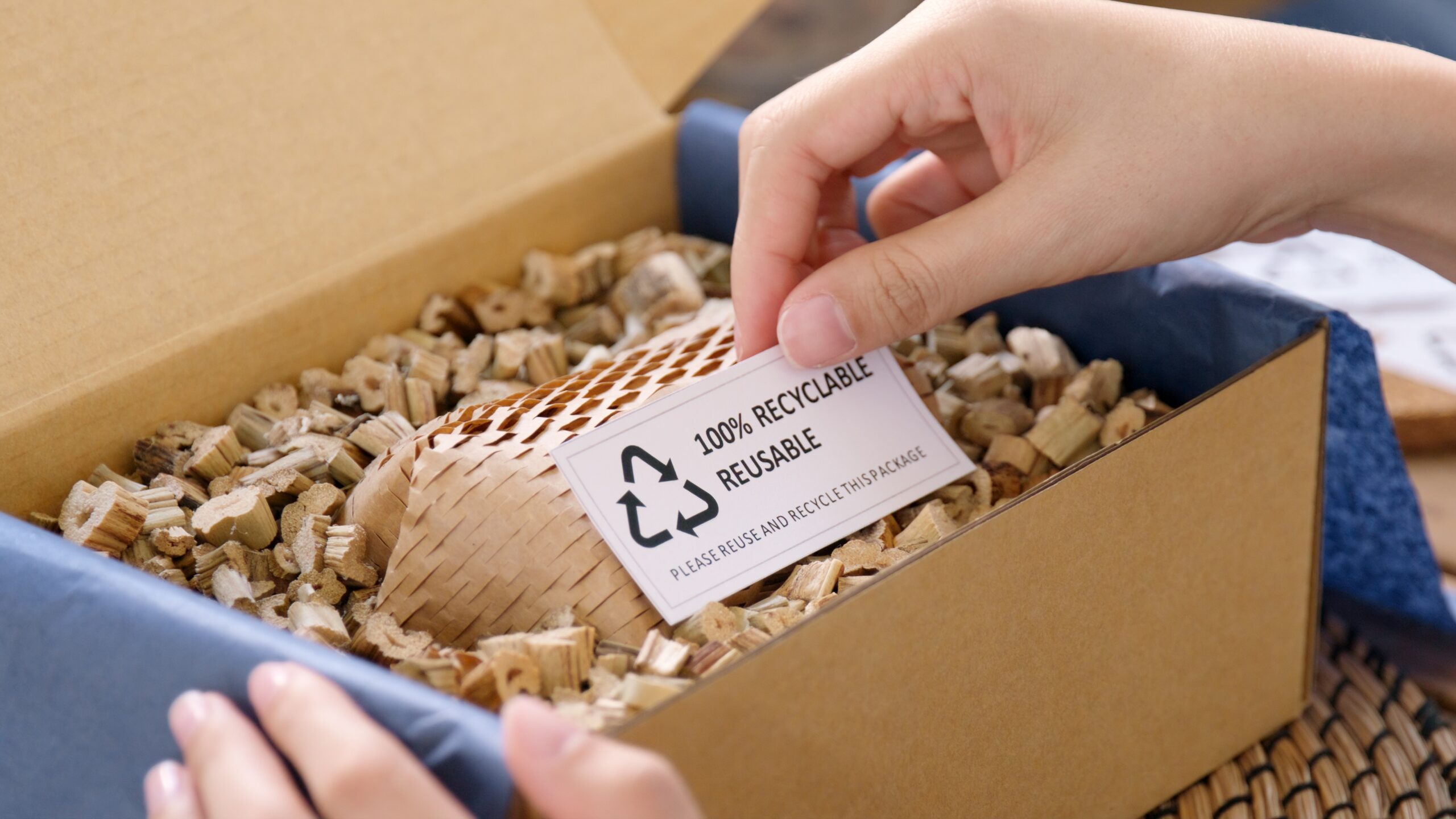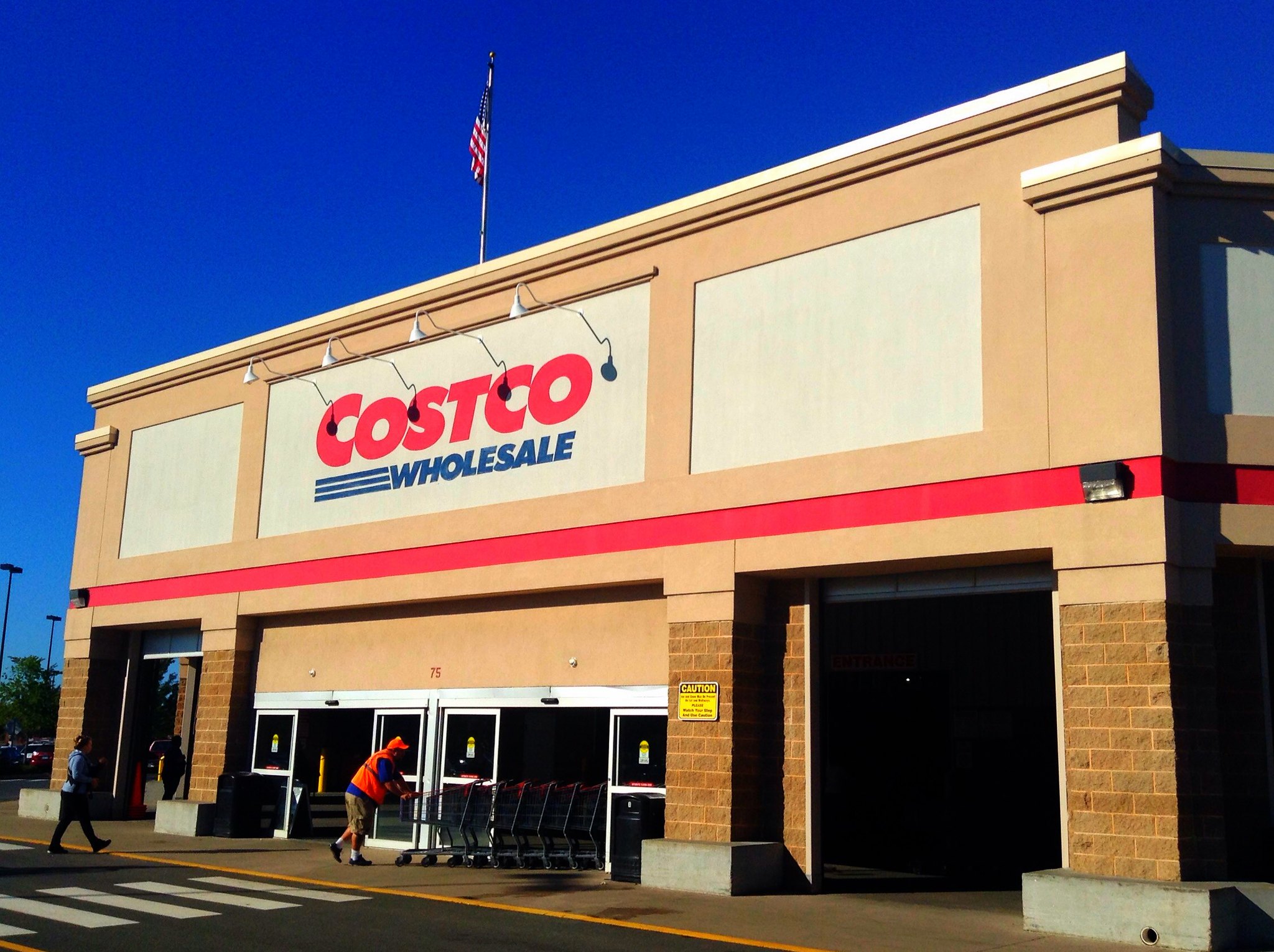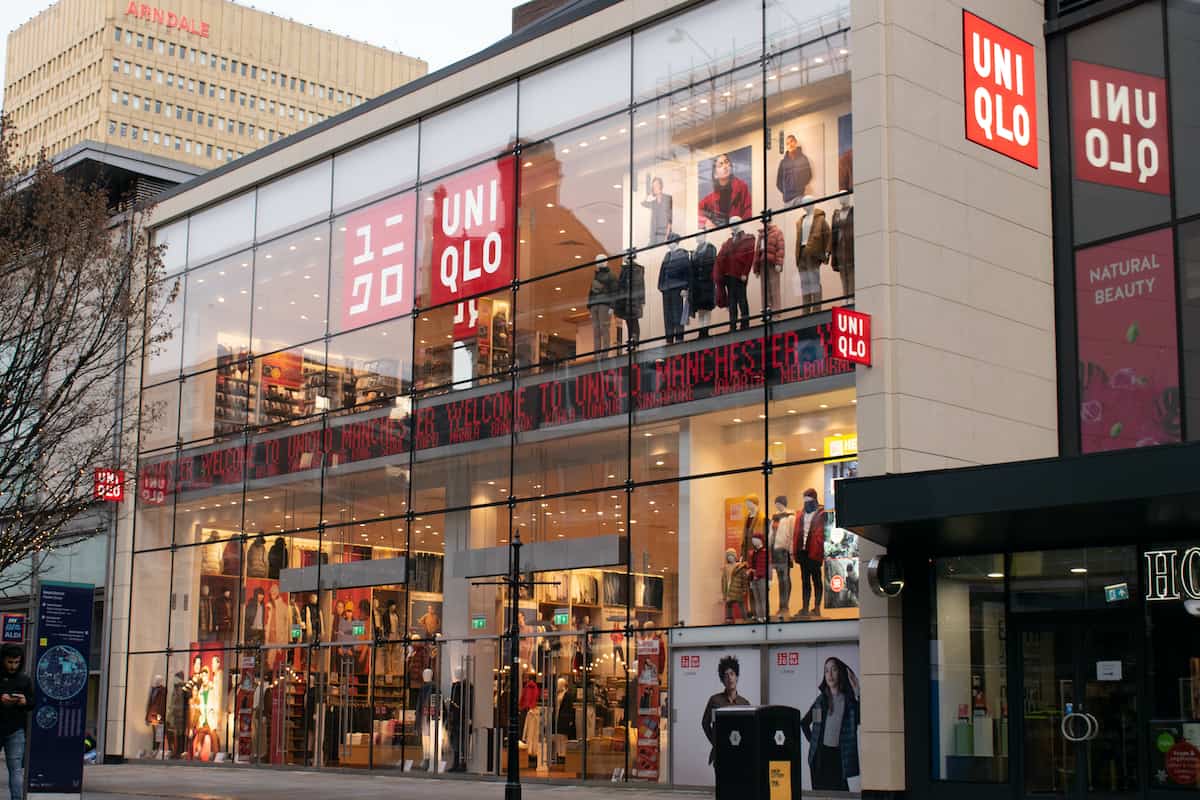New data from waste management company Biffa has revealed that over half of business decision makers in the retail industry recognise their role in the circular economy, with nearly nine in 10 seeing waste management and recycling as important in preventing climate change.
The survey of over 1,000 UK business decision makers conducted by the YouGov analysis institute, explored attitudes towards, and engagements with, the circular economy. Results showed that 63% of retail businesses surveyed have an established sustainability strategy, with larger businesses the most committed.
Biffa stressed to achieve sustainability goals, the journey towards a circular economy must be clearly defined. Retail businesses surveyed identify the need for support for financial incentives (42%), clearer legislation (36%), incentivised partnerships (25%), and reduced regulation (26%).
While most retail businesses surveyed are aware of sustainability and committed to it, 63% of decision makers in this sector that Biffa spoke to consider sustainability to be their least important priority. This is compared to cost efficiency (92%), revenue growth and brand strength (88%), and data and reporting (82%).
Moreover, evidence indicating primary barriers hindering retail businesses surveyed include sustainability cost (48%), competing business priorities (30%), and lack of infrastructure (29%).
Roger Wright, waste strategy & packaging manager at Biffa, said: “We’re pleased to see the UK retail businesses surveyed are going through a noticeable change, with a growing focus on protecting the environment and tackling climate change. Small businesses, in particular, are leading this shift by adopting metrics like increase in recycling volume and reduction of general waste.
“The early adopters already recognise the importance of environmentally friendly practices and also see a great opportunity to meet consumers’ increasing demand for sustainable options by providing them with innovative sustainable solutions. For instance, supermarkets providing eco-friendly food packaging choices.
“The upcoming Extended Producer Responsibility for packaging (EPR) and Simpler Recycling legislation collectively play a crucial role in achieving net-zero and sustainability goals. Together, these policies provide a comprehensive framework for reducing waste and promoting long-term sustainability by influencing product design, material usage, and end-of-life management.
“Retail industry call for collaboration – industry partners and suppliers, through incentivised partnerships and education, empower retailers in navigating complexities like managing Scope 3 emissions. Governments contribute by providing clear legislation, reducing regulatory hurdles, fostering innovation, and ensuring retailers exceed their sustainability goals.
“However, with regarding to support from incentivised partnerships. Biffa, in collaboration with Zellar offers valuable assistance by equipping its customers with user-friendly tools to tackle significant obstacles, simplifying the process of adopting sustainable business practices and making it more economically viable”.
We deliver!
Our editor picks some choice pieces from the analysis flow and sends them to your inbox every Wednesday. Dedicated research report previews will also come direct to you. Subscribe for the emails.
Why not join us on Linkedin and you’ll get the best updates on our research and analysis – UK, Europe and Global – in your feed.









